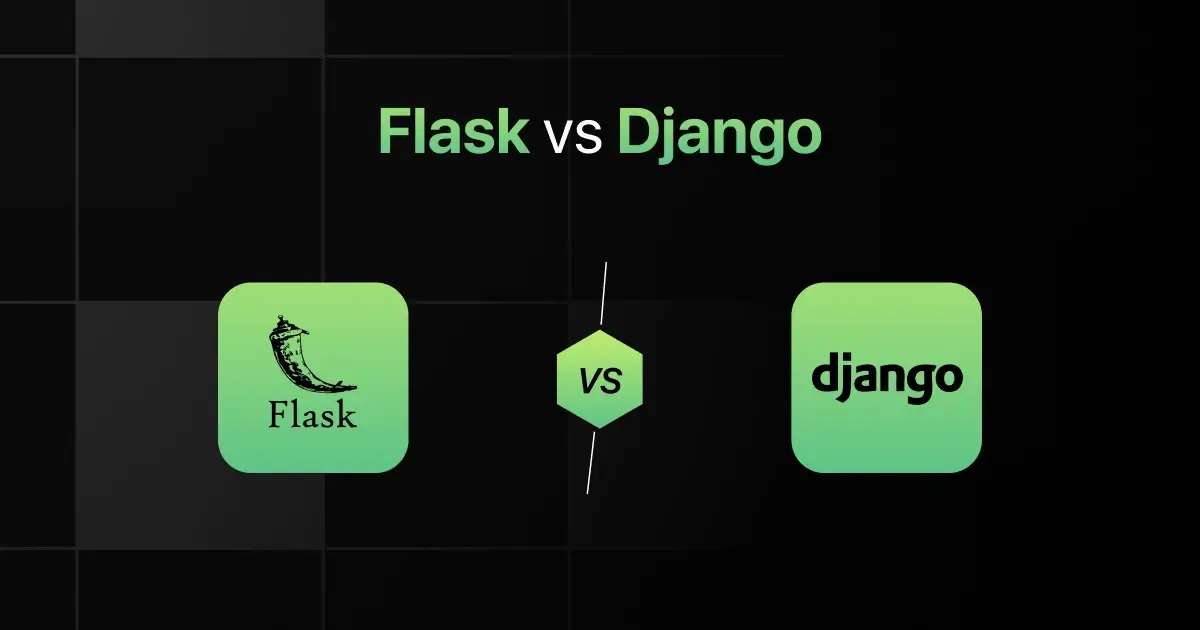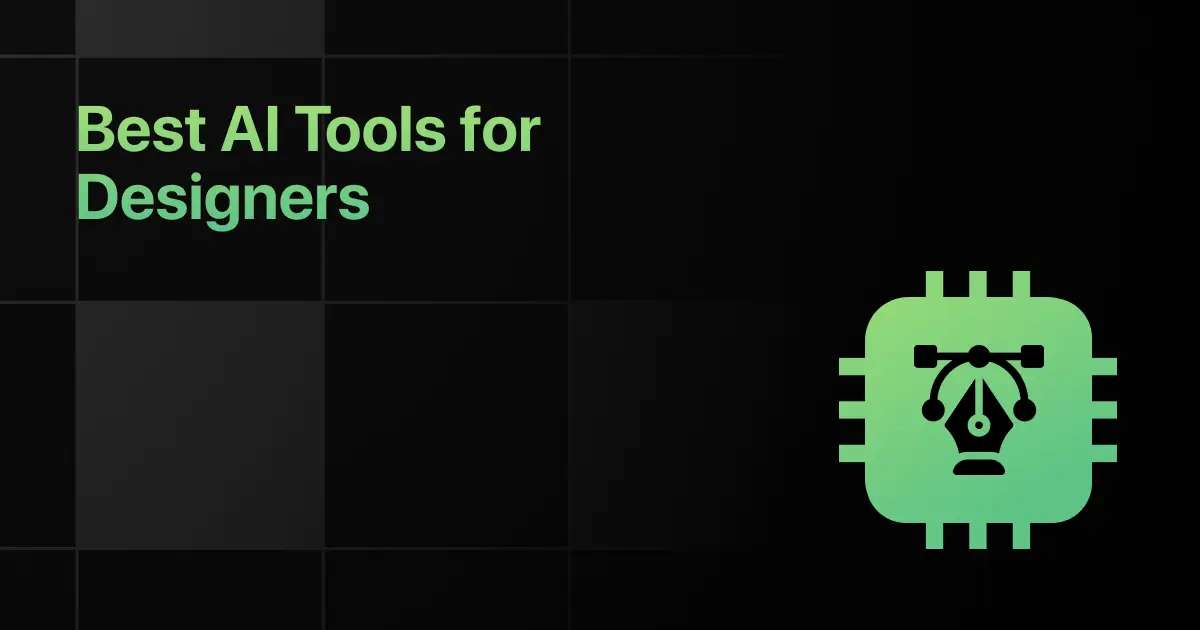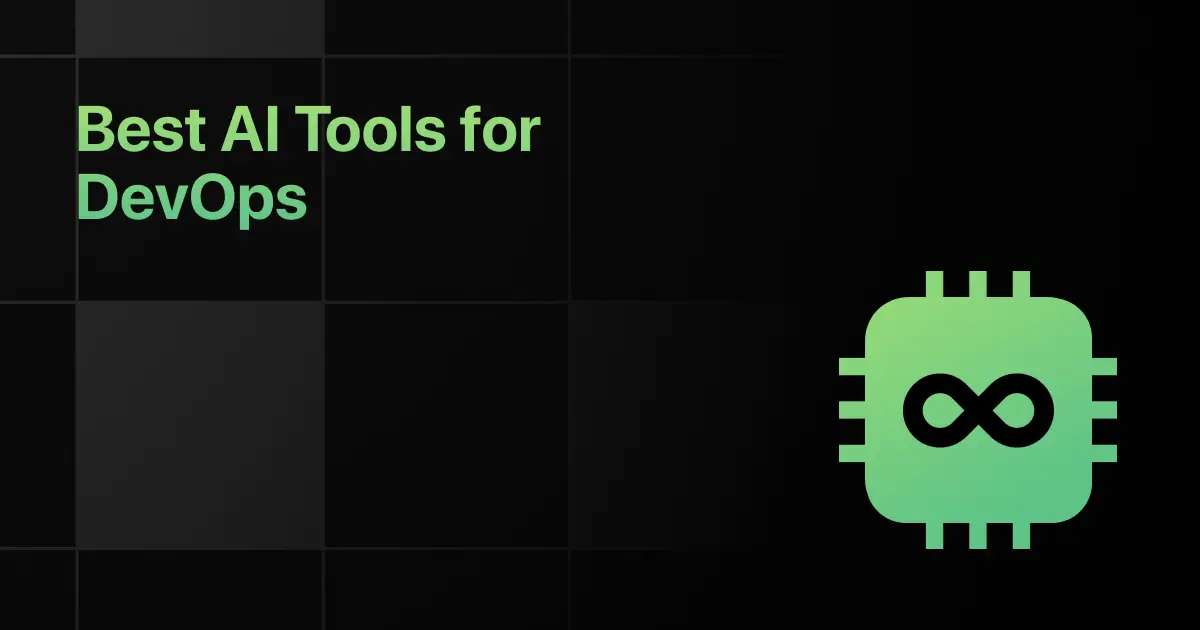Flask vs Django: Key Differences

When comparing Flask and Django, it’s important to look at what sets them apart. The discussion about Flask vs Django is common among programmers deciding which framework to use for their projects.
The question of Flask vs Django which is better? or Flask vs Django which is best? depends on what you need for your specific project.
In this article, let’s know the differences between Flask vs Django.
Flask vs Django: Understanding the Key Differences
When comparing Flask and Django, it’s crucial to understand the key distinctions that define their usage and capabilities.
One of the most important differences is that Flask is a micro-framework that provides the basics to build web applications, giving developers the flexibility to use the tools they prefer, whereas Django is a full-stack framework that provides an extensive suite of built-in tools for common web development needs.
The following are other major differences between Flask and Django:
| S. No. | Parameters | Flask | Django |
|---|---|---|---|
| 1 | Developed By | Armin Ronacher | Django Software Foundation |
| 2 | Release Year | 2010 | 2005 |
| 3 | Paradigm | Micro-framework | Full-stack framework |
| 4 | Syntax | Minimalistic, flexible | Explicit, follows the DRY principle |
| 5 | Performance | Generally faster, lightweight | Slightly slower, comprehensive |
| 6 | Applications and Use Cases | Small to medium web applications, APIs | Large applications with built-in features |
| 7 | Learning Curve | Easier to learn for beginners | Steeper due to its comprehensive nature |
| 8 | Libraries and Frameworks | Fewer built-in, more extensions needed | Extensive built-in, less need for add-ons |
| 9 | Platform Independence | Runs on any platform supporting Python | Runs on any platform supporting Python |
| 10 | Concurrency and Multithreading | Supported through tools like Gevent | Uses asynchronous views and WSGI |
| 11 | Tooling and IDE Support | Basic, requires manual setup | Extensive, many tools integrated |
| 12 | Memory Management | Manual handling depending on extensions | Handled efficiently, more abstraction |
| 13 | Error Handling | Requires manual setup | Built-in robust error handling |
| 14 | Security | Basic without extensions | High, with built-in protections |
| 15 | Scalability | Scalable with proper design | Highly scalable with caching, ORM |
| 16 | Key Features | Lightweight, extensible | ORM, Admin panel, Authentication |
| 17 | Integration with Other Technologies | Easy integration, flexible | Seamless integration, "batteries-included" |
| 18 | Community and Support | Strong community, less formal support | Very large community, with extensive documentation |
| 19 | Job Opportunities | Growing demand in startups and tech companies | Broad in an enterprise, larger projects |
| 20 | Future Prospects | Continues to grow in niche areas | Steadily expanding in web and enterprise |
Flask vs Django: Which One to Choose?
Choosing between Flask and Django can be challenging, but by understanding their distinct advantages, you can make an informed decision.
Choose Flask If:
- You are a developer looking for a lightweight and flexible framework that allows for fine-grained control over components and doesn’t impose additional dependencies or project layouts.
- You value simplicity and minimalism in a web framework, where you can use only the components you need and freely choose tools and libraries that best suit your project’s requirements.
- You need a framework that is easy to learn and straightforward to implement, making it ideal for small-scale applications or beginners learning web development.
- You seek a solution that provides the basic tools required to get a web application up and running with the freedom to extend and customize your application as needed.
- You focus on building microservices or small web applications where the overhead of a full-featured framework is unnecessary.
Choose Django If:
- You aim to work as a full-stack developer in environments that require robust, scalable, and maintainable web applications, particularly useful in industries like technology, media, and education.
- You seek a framework that offers a comprehensive standard library with built-in features such as an ORM, authentication, and routing, which helps to speed up the development process.
- You value a framework that is designed to handle the demands of large-scale applications with built-in conventions that promote best practices and maintainability.
- You require a framework that supports rapid development with its “batteries-included” approach, providing a ready-to-use administrative interface, which is highly beneficial for managing content-heavy sites.
- You focus on developing complex web applications that benefit from a structured environment where the configuration of components is handled uniformly, making Django ideal for large projects with detailed requirements.
Final Words
The main difference between Flask and Django lies in their design and use.
The purpose of understanding the Flask vs Django difference is to choose the right tool for the job, depending on factors like the project’s size and how easy it is to maintain.
Frequently Asked Questions
1. What are the key differences between Flask and Django?
The key differences between Flask and Django are:
- Flask is a micro-framework that is lightweight with fewer built-in features; Django is a full-stack framework with a “batteries-included” approach.
- Flask provides more freedom to choose components and how you want them integrated; Django comes with a set of defaults and conventions that can speed up development.
- Flask is suited for smaller projects; Django is designed for larger applications.
2. Which is better Flask or Django? Which one to choose?
The choice between Flask and Django depends on the project’s requirements and the developer’s preference. Choose Flask for smaller projects or when you need greater flexibility, and choose Django for larger projects or when you need a comprehensive solution out of the box.
3. Which is faster, Flask or Django?
Flask is generally faster and more lightweight than Django due to its minimalistic approach and lack of built-in functionalities, which need to be added only as needed.
4. What are the primary use cases of Flask and Django?
The primary use cases of Flask and Django are:
- Flask is used for smaller projects or when a high degree of customization is needed without the extra weight of unused components.
- Django is favored for large-scale applications that benefit from its extensive built-in functionalities, such as admin panels, user authentication, and database management.
5. Which one is easy to learn for Beginners, Flask or Django?
Flask is generally easier for beginners to learn due to its simplicity and fewer conventions, allowing newcomers to start quickly without having to understand a broader framework structure initially.
6. Can Flask and Django run on different platforms?
Yes. Both Flask and Django are written in Python and can run on any platform that supports Python, including Windows, macOS, and Linux.
7. Can I develop mobile apps using Flask and Django?
Yes, but indirectly. Flask and Django are not typically used for mobile app development directly; however, they can serve as backends for mobile apps, providing APIs that mobile clients can consume.
8. What are the job prospects for Flask developers versus Django developers?
Job prospects are good for both Flask and Django developers, though Django tends to have more opportunities due to its demand in larger projects and companies that require robust, scalable applications with comprehensive features.
Explore More Flask Resources
Explore More Django Resources
Explore More Comparisons
Related Posts


Best AI Tools for Game Development [Free + Paid]
Ever feel stuck staring at things , not knowing what to do next? You're not alone. Game development can be …










